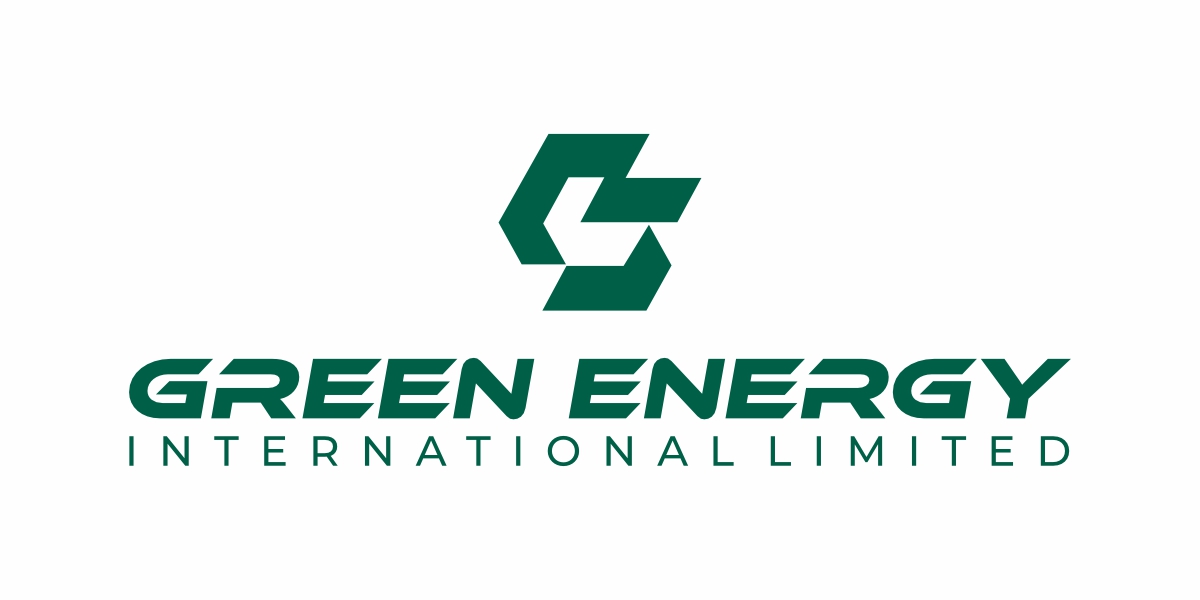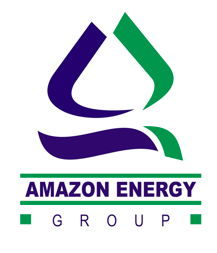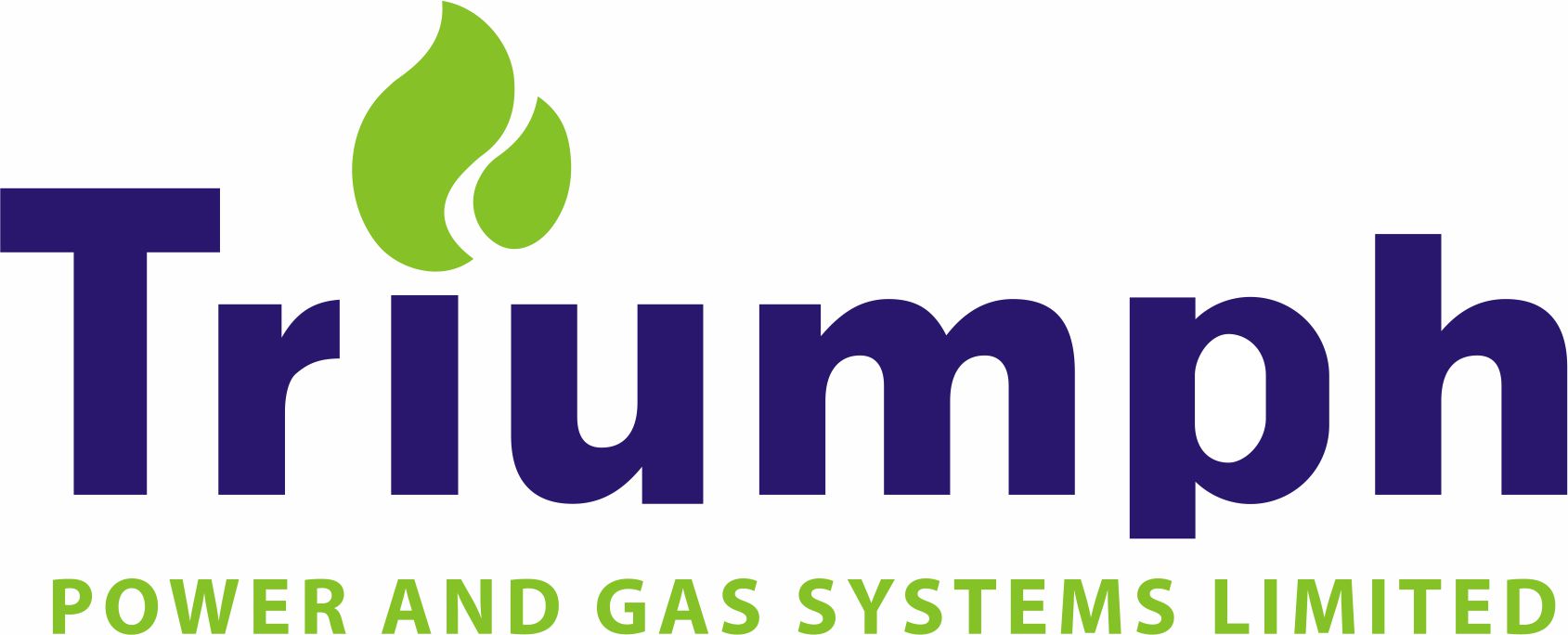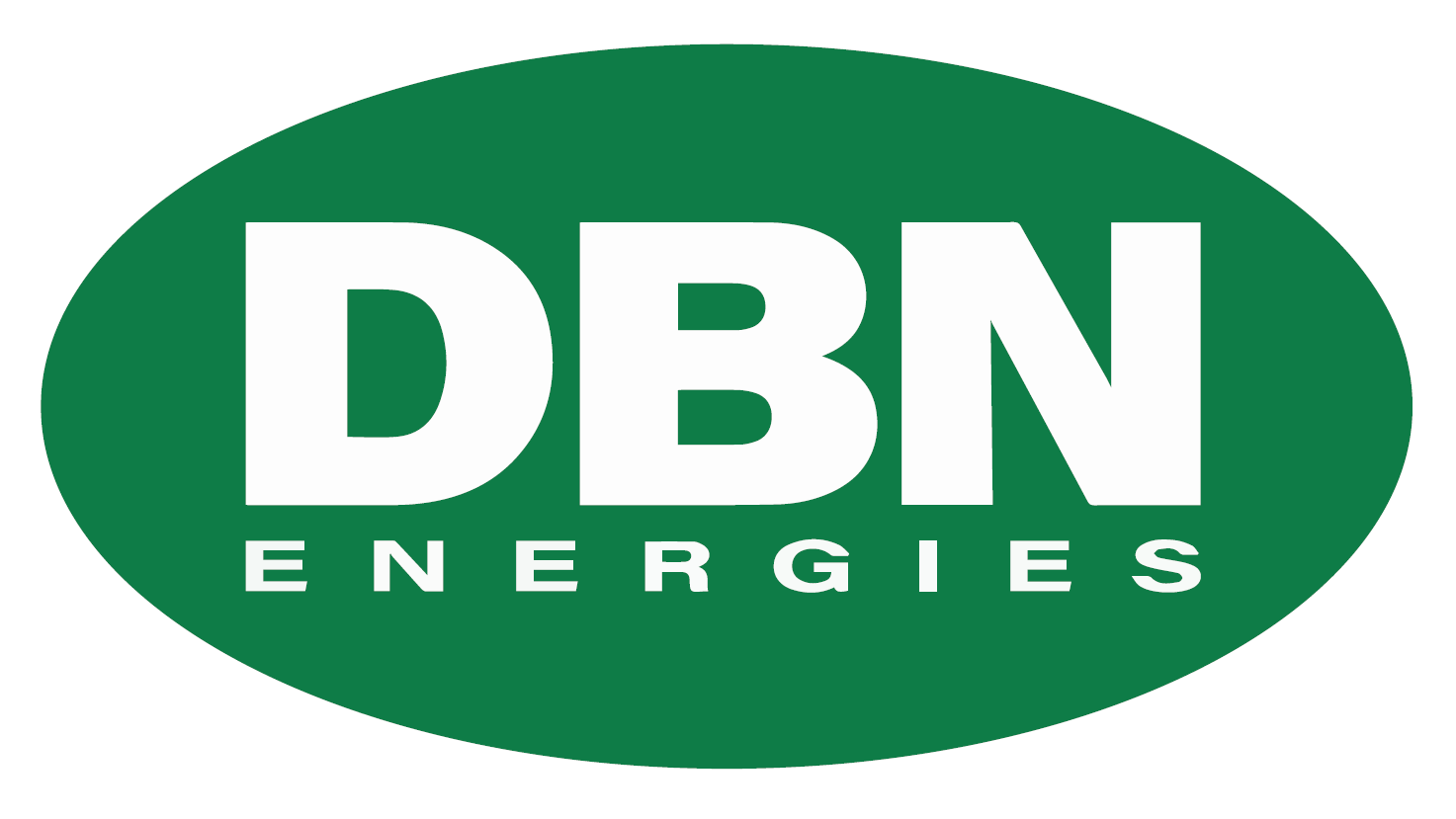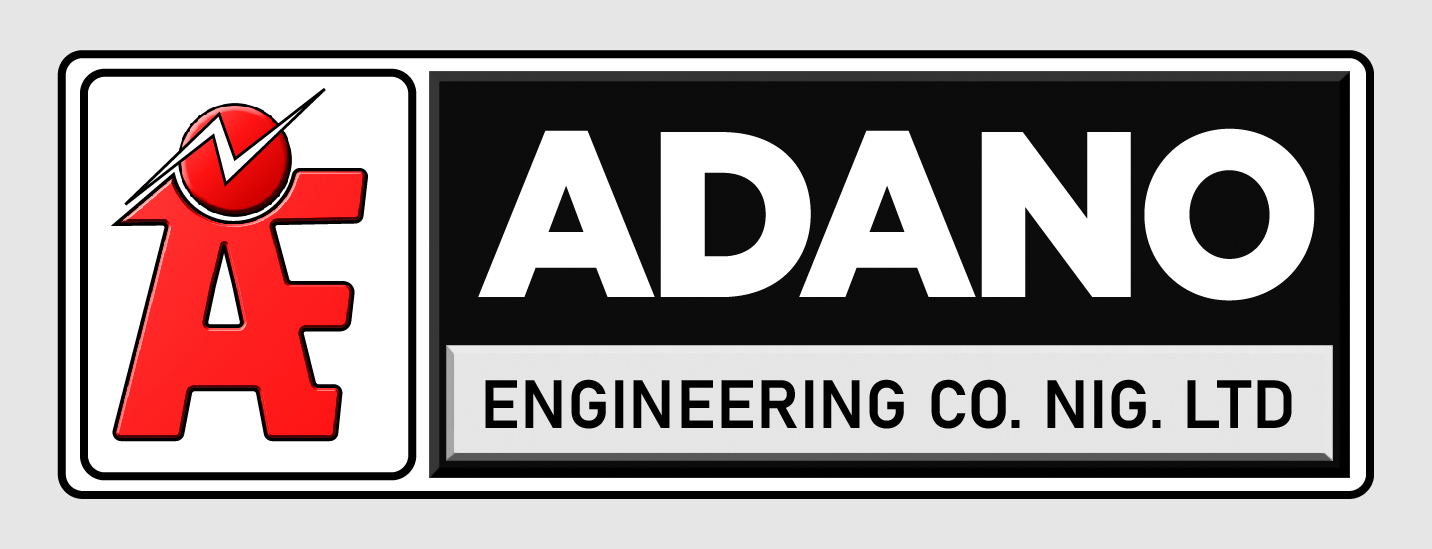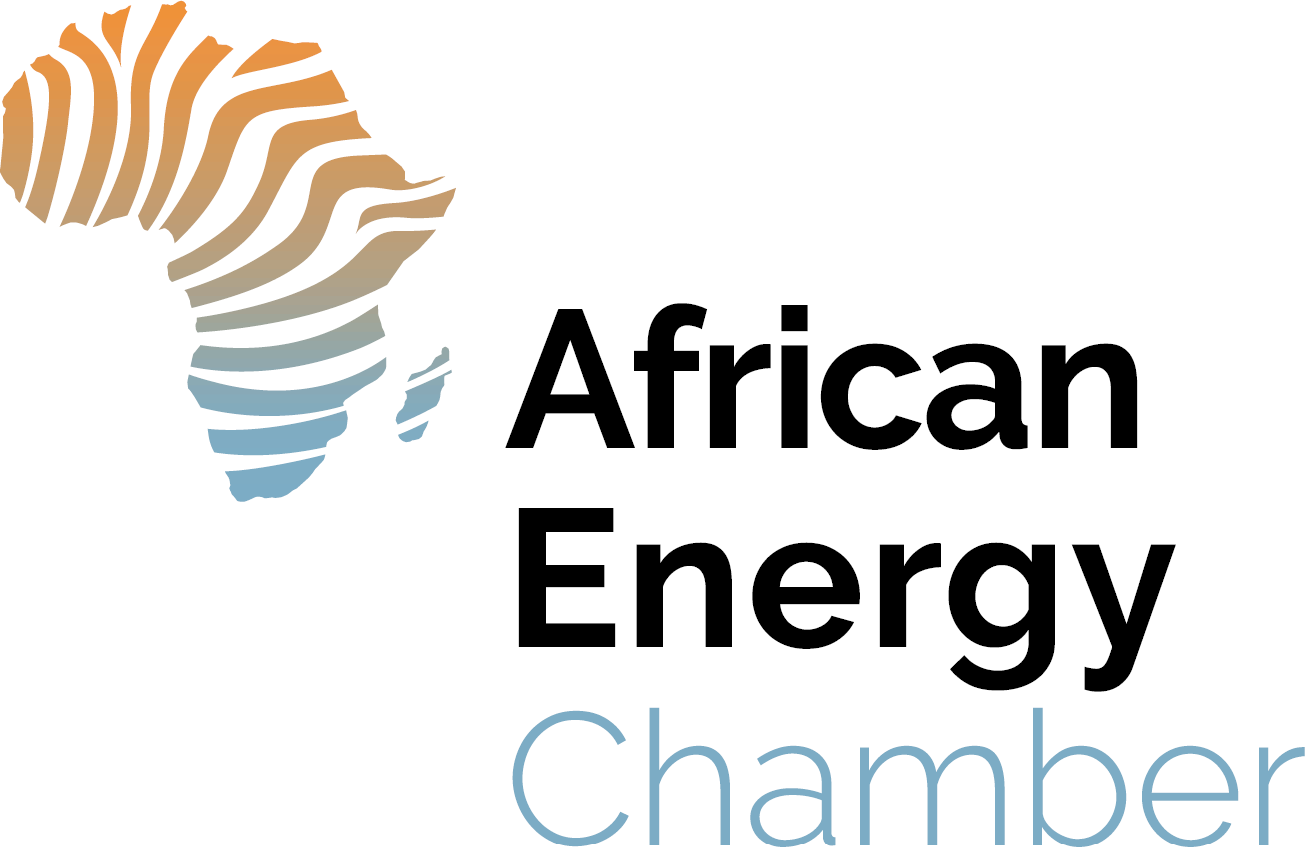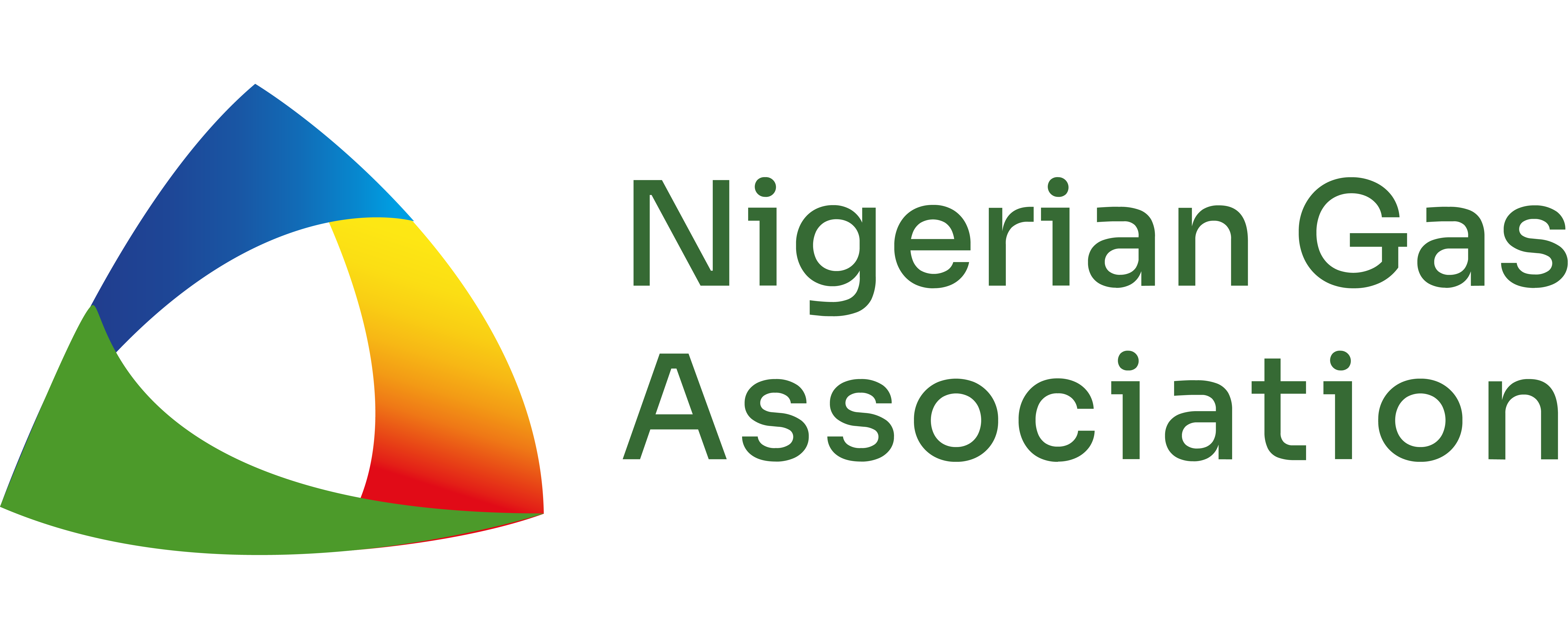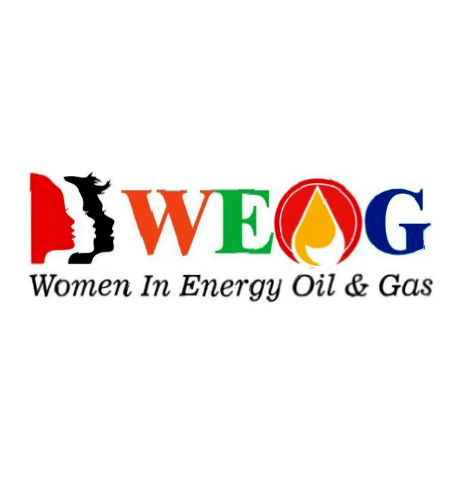Key stakeholders in the Nigerian oil and gas industry have noted the need for the country to explore opportunities that exist in its energy mix.
They stated this at the 21st edition of the Nigeria Oil and Gas Conference and Exhibition, which held in Abuja with the theme,”Funding the Nigerian Energy Mix for Sustainable Economic Growth.”
 The Group Managing Director of the Nigerian National Petroleum Company (NNPC) Limited, Mele Kyari,
The Group Managing Director of the Nigerian National Petroleum Company (NNPC) Limited, Mele Kyari,
The Group Managing Director of the Nigerian National Petroleum Company (NNPC) Limited, Mele Kyari, said that as the world embraces gas as energy transition fuel, Nigeria must aggressively explore for gas. To do this, he said the country should seek to fund gas exploration, especially as the Petroleum Industry Act (PIA) has provided incentives for gas development.
“Having huge gas reserves gives us the opportunity to improve access to energy while minimizing carbon footprints. In this regard, #NNPCLimited offers a lineup of investment opportunities that guarantee positive returns across the energy value chain,” Kyari said.
A significant number of Nigerians do not have access to clean cooking fuel. Speaking on this, the NNPC Limited boss said, “This is critical for us and our conversation with our partners, we will continue to emphasise and our key role is to make sure gas is available to our country and Europe. Fortunately for us we have gas. Recent engagements show that the world is crying for our gas which is an opportunity for us in the industy to make the money and create the prosperity of today.
“What is very fundamental is that NNPC is here to be the partner of choice and we will be the biggest capitalised company in Africa and a partner that will focus on commercial value of every engagement that we do.”
“NNPC Limited will be the biggest indigenous oil and gas company and therefore there is no distinction between NNPC and the rest of our partners in the oil and gas space.“We are going to acquire the best of asset that is possible to build our base,” he added.
 The Minister of State for Petroleum Resources, Chief Timipre Sylva
The Minister of State for Petroleum Resources, Chief Timipre Sylva
The Minister of State for Petroleum Resources, Chief Timipre Sylva, noted that the PIA will bring about reforms designed to consolidate institutions, solidify regulatory and fiscal frameworks.
Sylva stated that PIA will create over 2 million jobs and create opportunities for skill acquisition, adding that the government’s focus is to attain 60 per cent electricity access and achieve 90 per cent clean cooking fuel in the country.
“Globally, the oil rich countries are currently having conversations around moving away from fossil fuels to an energy mix dominated by low carbon sources of energy – renewables.
“For us in Nigeria, fossil fuel will always have a share in our energy mix for the foreseeable future, and we will not at this time abandon our fossil fuels. We have however, adopted our vast gas resources across the country as transition fuel,” he said.
In his address, the Minister of Trade and Investment, Otunba Adeniyi stated that the gas subsector is one of the most incentivised sectors in Nigeria. He noted that the government is willing to partner investors who fancy the potentials in oil palm production and cassava starch. “There is a market opportunity of about 1 billion US dollars in oil palm production and its derivatives.
“We import over 95 per cent of the starch we use, and the estimate in market opportunity is over 290 million US dollars,” he said.
Citing PWC, he projected that Nigeria would be among the top economies come 2050 with a $4 trillion economy, surpassing countries like Canada, South Korea and Saudi Arabia.
 The Chairman of the Independent Petroleum Producers Group (IPPG), Abdulrazak Isa
The Chairman of the Independent Petroleum Producers Group (IPPG), Abdulrazak Isa
The Chairman of the Independent Petroleum Producers Group (IPPG), Abdulrazak Isa, said that Nigerian indigenous exploration and production companies have built capacity and can fill the gap as International Oil Companies (IOCs) continue to divest their onshore and shallow water assets.
Isa commended the Nigerian Upstream Petroleum Regulatory Commission (NUPRC) for its recent issuance of 22 Petroleum Prospective Licences (PPLs) to indigenous firms. He said that IPPG had spent an aggregate of $30 billion on acquisition and capital expenditure in the last 10 years on divested assets. He solicited for a high level dialoue between government, its agencies and indigenous producers that have demonstrated capacity to produce m, to chart the best path forward for the industry.
On his part, former Secretary General of the Organisation of Petroleum Exporting Countries (OPEC), late Mohammad Barkindo, said that giving the global refining squeeze at the moment, the construction of the Dangote refinery in Lagos, with its capacity of around 650,000 barrels per day, is a huge step in the direction of addressing not only Nigeria’s longer-term demand – but significantly improving the capacity outlook of the global down-stream sector.
He said, “OPEC’s 2022 Annual Statistical Bulletin, which was published last week, helps shed light on the situation. Worldwide refinery capacity fell by more than 330,000 barrels per calendar day year-on-year in 2020 and remained below pre-pandemic levels last year despite the robust global economic rebound. The Middle East, China, as well as Africa and India, have recorded refining capacity additions. However, refinery capacity in the OECD declined for the third consecutive year in 2021. Comparing the pre-pandemic year of 2019 to 2021, OECD refining capacity fell by a significant 1.5 million barrels per calendar day, or 3.3%.
“The urgent need to ensure predictable investment is one reason OPEC joined hands with a number of key non-OPEC oil-producing countries in the Declaration of Cooperation back in December of 2016. With our combined expertise and experience to guide us, the participating countries were able to move quickly and decisively to address the widening market crisis at the onset of COVID-19. Rarely in the history of our industry have we witnessed such far-reaching efforts to restore sustainable stability to the global oil market, which in turn has been vital to the global economic recovery.”









